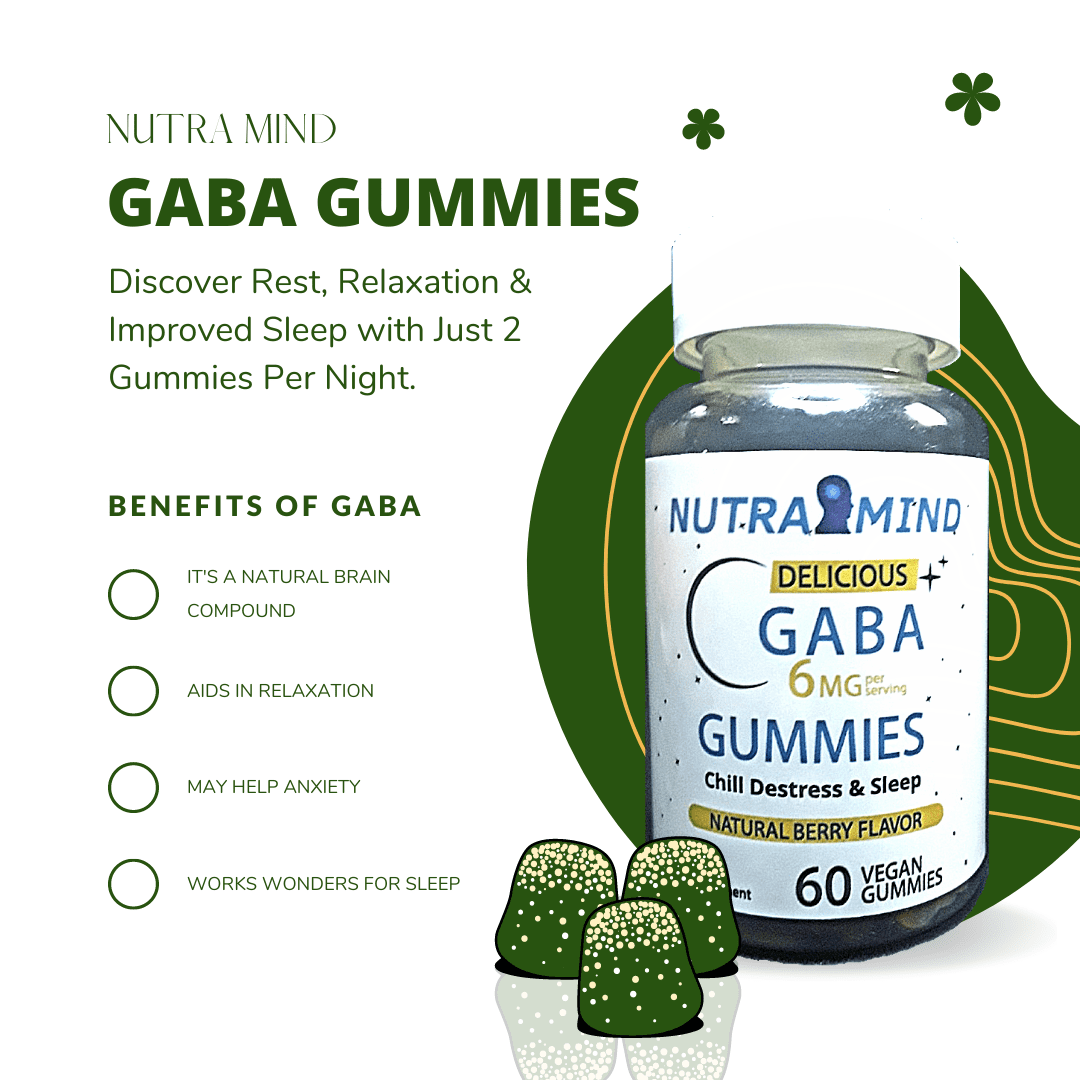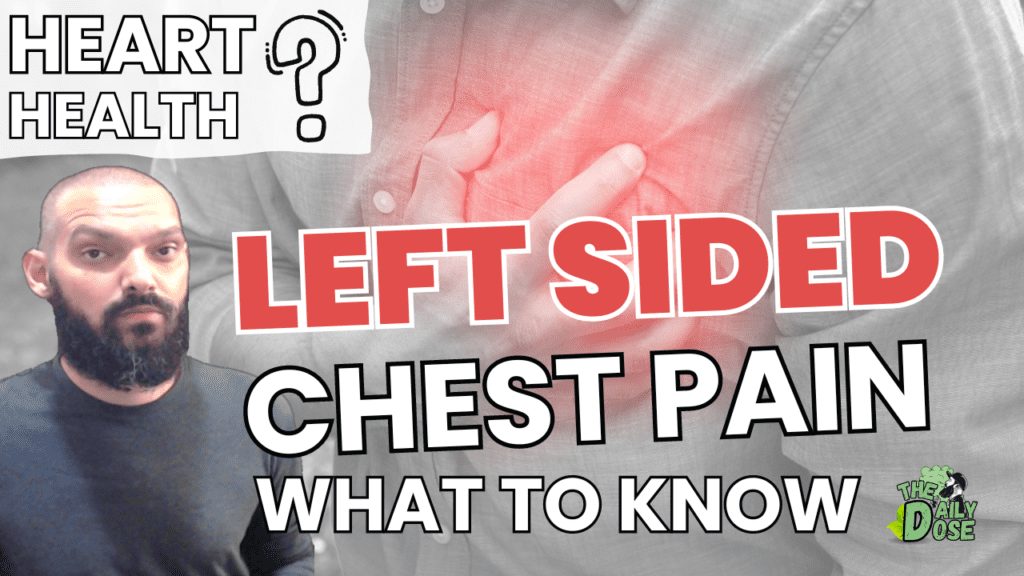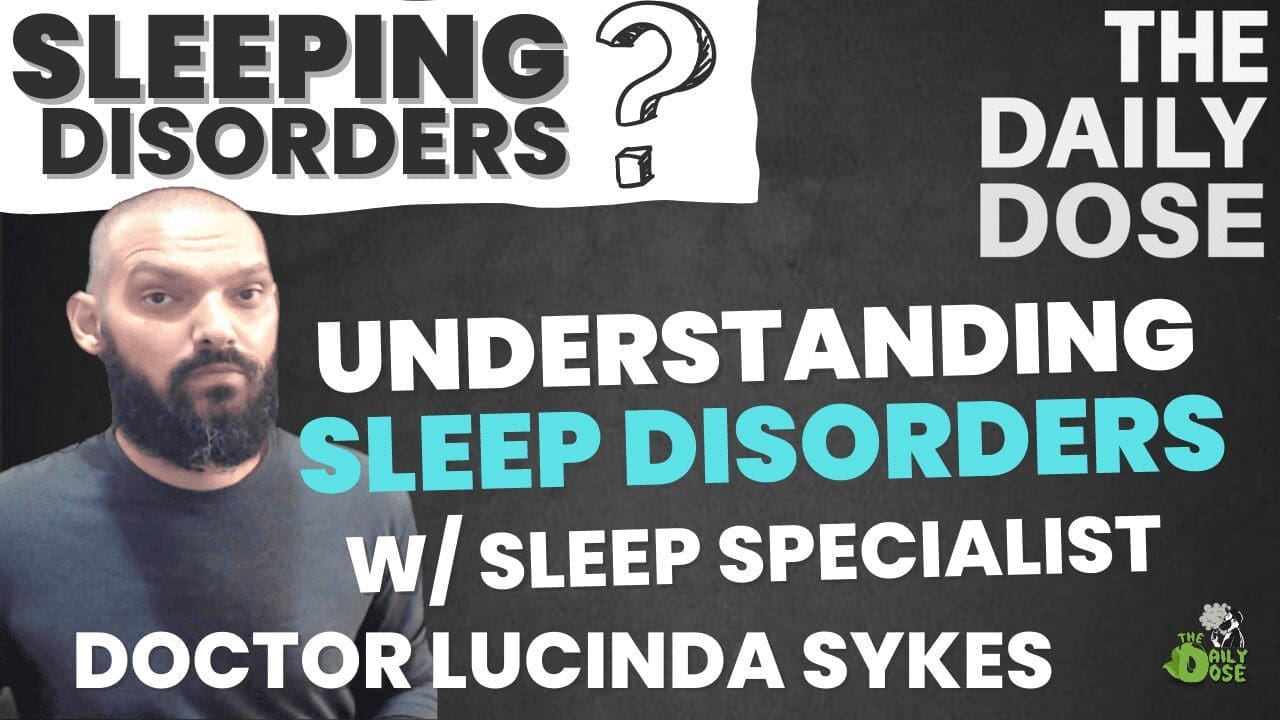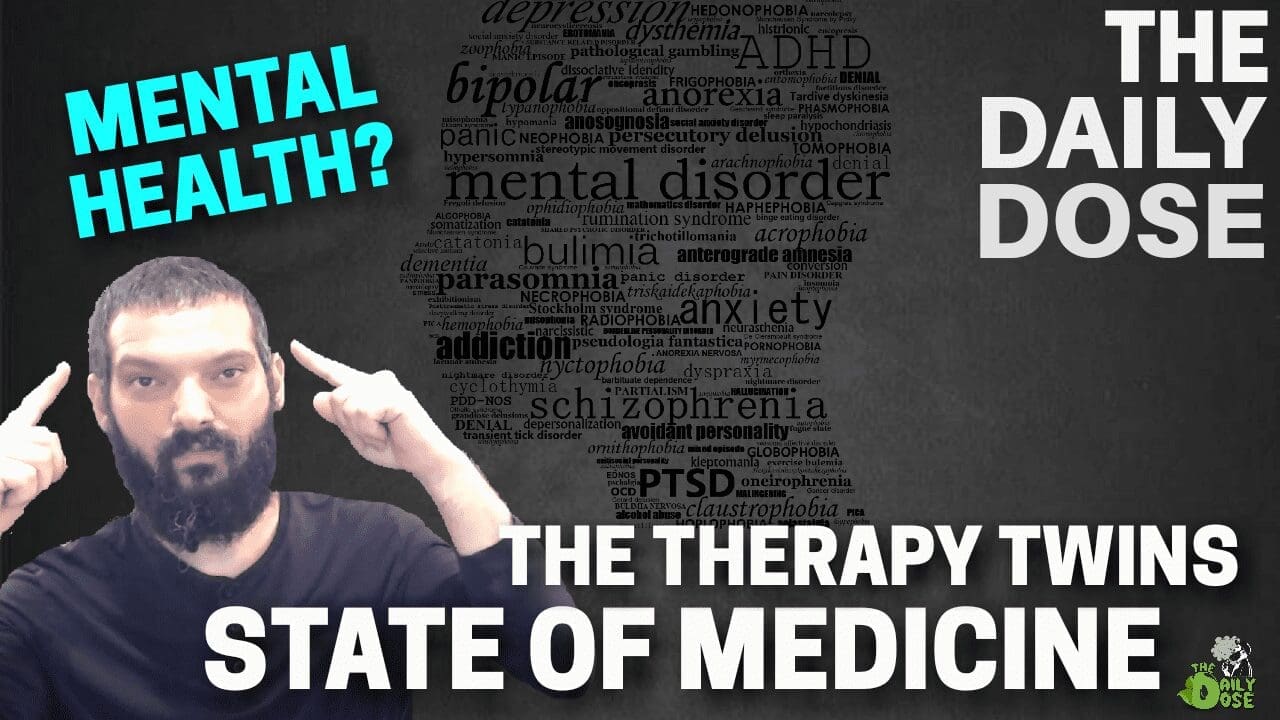Left Sided Chest Pain What To Know
In My Own Words
I too have experienced this pain many times in my adult life. The questions, confusion and frustration is often times too difficult to bear. Like many the throbbing left sided pain in my chest would eventually subside and I go on with my day. This pain coupled with shooting pain in my left arm has left me wondering, am I really sick.
At the age of 35 am I showing signs of a failing heart. What could this be exactly, so I’ve spent countless hours reading about what it could be. Below you will discover some of my general findings on this matter. I have consulted a doctor and discovered it maybe due to high unhealthy cholesterol levels from a decades long poor lifestyle. Don’t take your good standing health for granted, be good to yourself not just with indulgent food but proper self care as well.
1. Introduction:
Experiencing chest pain on the left side can be alarming, leading many to immediately associate it with a heart attack. However, various conditions can cause left-sided chest pain, ranging from benign to life-threatening. This comprehensive guide aims to delve into the causes, symptoms, and appropriate actions to take when faced with left-sided chest pain.

2. What Can Cause Chest Pains on the Left Side
Below you will find a list of conditions that may cause symptoms of chest pain on the left side.
Angina (Chest Pain)
Angina, often linked to coronary heart disease, manifests as discomfort in the left arm, left shoulder, left side of the neck, jaw, and may extend to the back.
Heart Attack
Heart attacks can present with mild or intense chest pain on the left side or center, accompanied by symptoms such as shortness of breath and pain radiating to the arms, neck, jaw, back, or stomach.
Myocarditis
Inflammation in the heart, often of unknown origin, can lead to cardiovascular disease, causing chest pain.
Cardiomyopathy
A disease of the heart muscle, cardiomyopathy, can be asymptomatic or result in chest pain.
Pericarditis
Inflammation of the pericardium can cause sharp chest pain, often extending to the shoulders, triggered by infections, surgery, heart attacks, injuries, or medications.
Panic Attack
Abrupt panic attacks may simulate heart attacks, causing chest pain, tightness, and other symptoms.
Gastroesophageal Reflux Disease (GERD)
GERD, causing heartburn and acid reflux, can lead to a burning sensation in the upper abdomen and chest.
Hiatal Hernia
The upper stomach pushing through the diaphragm may cause chest pain in hiatal hernia cases.
Esophageal Issues
Conditions like muscle spasms, esophagitis, or an esophageal rupture can contribute to left-sided chest pain.
Muscle or Chest Wall Injury
Chest pain can result from strained or sprained chest muscles, requiring medical attention, especially if a bone is suspected to be broken.
Collapsed Lung (Pneumothorax)
Disease or trauma may lead to a collapsed lung, causing sudden and sharp pain on either side of the chest.
Pneumonia
Sharp chest pain worsening with deep breaths or coughing may be indicative of pneumonia, especially following respiratory illnesses.
Lung Cancer
Chest pain may signal lung cancer, emphasizing the importance of early diagnosis and treatment.
Pulmonary Hypertension
High blood pressure in the lungs can result in chest pain among other symptoms.
Pulmonary Embolism (PE)
A blood clot in the lungs can cause sudden, sharp chest pain, requiring immediate medical attention.
Aortic Dissection
Aortic dissection, a life-threatening condition, occurs when the aorta splits, leading to severe chest pain and necessitating emergency medical attention.

3. When to Worry About Left Chest Pain
Heart Attack
The CDC notes that persistent discomfort in the middle or left side of the chest, accompanied by various symptoms such as arm pain, shortness of breath, and lightheadedness, warrants immediate medical attention.
Pulmonary Embolism
Chest pain associated with back pain, lightheadedness, bluish lips, excessive sweating, coughing, and shortness of breath may indicate a pulmonary embolism, requiring urgent medical care.
Aortic Dissection
Apart from chest pain, symptoms like pain in the jaw, neck, stomach, or shoulder, along with dizziness, weakness, difficulty breathing, and clammy skin, suggest aortic dissection, demanding immediate treatment.

4. Should I Go to the Hospital for Left Chest Pain?
Chest pain, especially when potentially related to a heart attack, demands immediate attention. Calling 911 ensures prompt emergency care and faster transport to the hospital.

5. Conclusion: Prioritizing Timely Medical Attention
Left-sided chest pain can be attributed to various conditions, some benign and others life-threatening. Seeking medical evaluation for unexplained chest pain is crucial for a timely diagnosis and appropriate treatment. In emergencies, such as suspected heart attacks, pulmonary embolisms, or aortic dissections, immediate medical attention is paramount for a favorable outcome.
FAQs
What are the common symptoms of a heart attack?
When should I call 911 for chest pain?
Can chest pain be a sign of conditions other than heart-related issues?
How can I differentiate between a panic attack and a heart attack?
What measures can I take at home for mild chest pain?
Are women’s symptoms of a heart attack different from men’s?
Related Articles:
- Guide to Vitamins: Benefits Considerations
- Guide to Cardiovascular Health: Statins
- Diabetes And Mental Health The Connections
- Exploring Juice Cleanses and Their Impact
#hearthealth #chestpains #chestpain #chestpainworries #heartattack #heartdisease #healthandwellness #herbalsupplements #alternativehealing #naturalremedies #thedailydosepodcast
Meet The Author





